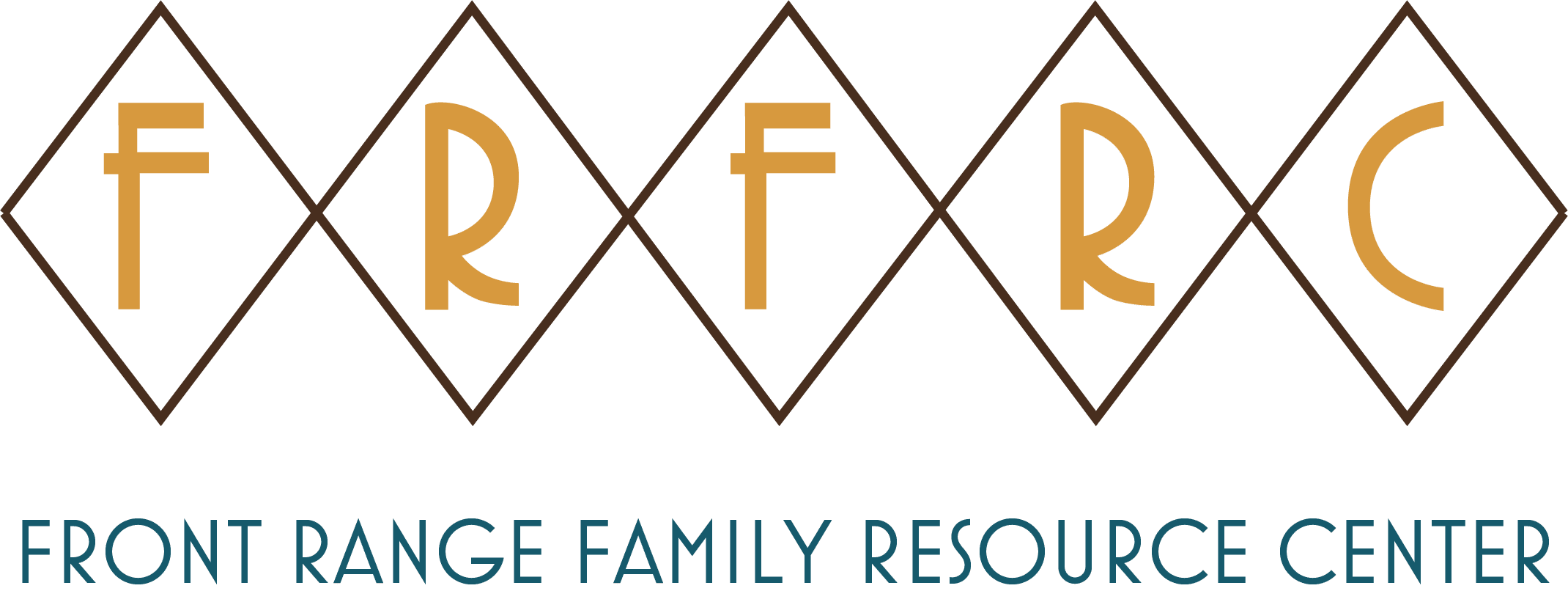Introduction
Mental Health services in Wheat Ridge, Colorado are hard to come by. Post-Traumatic Stress Disorder (PTSD) can be a debilitating condition resulting from exposure to a traumatic event. PTSD can reverberate throughout life, affecting relationships, mental health, and overall well-being. While traditional treatments for PTSD exist, a growing body of research suggests that mindfulness practices can significantly alleviate symptoms and promote healing. In this blog post, we will explore mindfulness’s active role in helping individuals recover from PTSD, highlighting its benefits and providing practical tips to incorporate mindfulness into daily life.
Understanding PTSD and its Challenges:
PTSD is a complex mental health condition characterized by intrusive memories, flashbacks, hyperarousal, and avoidance behaviors. These symptoms can severely disrupt an individual’s ability to function and lead a fulfilling life. Traditional treatments, such as therapy and medication, are essential to PTSD recovery. However, integrating mindfulness practices can enhance these treatments and provide individuals with powerful tools for self-care and healing.
Cultivating Present-Moment Awareness
At its core, mindfulness involves intentionally paying attention to the present moment without judgment or attachment. This practice can immensely benefit individuals with PTSD, as it helps them anchor themselves in the present, reducing the power of traumatic memories and intrusive thoughts. In addition, by actively engaging in mindfulness, individuals can foster a sense of grounding and stability, mitigating the symptoms of hyperarousal and reactivity commonly experienced with PTSD.
Developing Emotional Regulation
Emotional dysregulation is a hallmark of PTSD, and individuals often find themselves overwhelmed by intense emotions triggered by memories or reminders of the traumatic event. Mindfulness offers a non-passive approach to managing these emotions by encouraging individuals to observe their thoughts and feelings without becoming entangled. By developing awareness and acceptance of emotions as transient experiences, individuals can cultivate emotional regulation and gradually regain control over their responses.

Creating a Safe Space Within
Mindfulness practice can help individuals create an inner sanctuary, providing a refuge from the distressing symptoms of PTSD. Through regular mindfulness meditation or other mindfulness exercises, individuals can learn to create a safe, non-judgmental space within themselves to process difficult emotions and experiences. This inner safe space serves as a protective buffer, allowing individuals to engage with their trauma at a comfortable pace, ultimately leading to healing and resilience.
Enhancing Self-Compassion and Resilience
PTSD can profoundly impact one’s self-esteem and overall sense of self-worth. Mindfulness practice encourages individuals to approach themselves with kindness, self-compassion, and non-judgment. By cultivating self-compassion, individuals with PTSD can gradually heal the wounds of self-blame and shame often associated with trauma. Moreover, mindfulness fosters resilience by helping individuals develop a more flexible and adaptive mindset, enabling them to face challenges with greater stability and strength.
Conclusion
Mindfulness practice offers an active and empowering healing path for individuals with PTSD. By incorporating mindfulness into their daily lives, individuals can develop present-moment awareness, emotional regulation, and a safe internal sanctuary. Moreover, mindfulness enhances self-compassion and resilience, fostering a sense of empowerment and facilitating the journey toward recovery. While mindfulness should not replace traditional treatments, it can serve as a valuable complementary tool, offering hope and a renewed sense of agency to those navigating the complexities of PTSD.
If you’re struggling to try to find ways to heal from PTSD, please get in touch with us to find relief from your pain.
Jeremy R. Allen, LPC, Clinical Director
Son. Husband. Father. Veteran. Psychotherapist.
